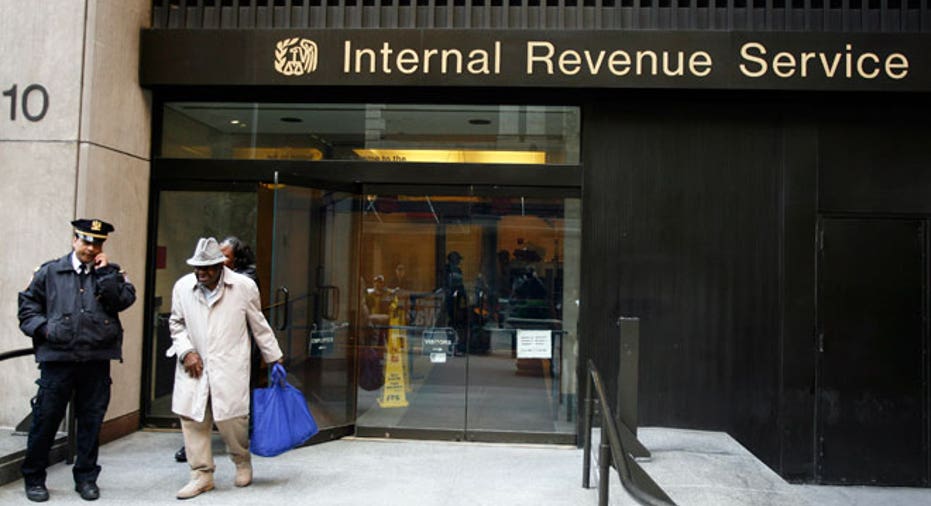For Co-Signers, IRS Won't Count Forgiven Debt as Income

Dear To Her Credit,
I read your answer to Sherrie, the woman who owes money after co-signing a loan with her mother. I am a co-signer, too. I'm a little further down the line than Sherrie was. After a lot of back and forth, I am about to pay $5,000 to settle a $15,000 home equity loan. Will I have to pay taxes on the forgiven debt of $10,000? I know I co-signed, but I never touched or benefited from the loan money in the first place, so how can it be considered "income"?
- Jane
Dear Jane,
When you settle debt, the creditor is required to send the Internal Revenue Service a notice of the amount of forgiven debt. Legally, when you co-sign on a debt, it belongs to you.
Fortunately, however, the Internal Revenue Service takes a logical view of forgiven debt for co-signers. Treasury Regulation Sec. 1.6050P-1(7) says that for purposes of filing, "a guarantor is not a debtor." It differentiates between those who get the benefit of a loan and those who guarantee its repayment. You are a guarantor, and so you should be off the hook.
As a co-signer who did not received the loan money or benefit from it, you should not receive a Form 1099-C from the lender. If you do receive Form 1099-C, you should contact the lender and tell them to correct the mistake. Do not include the forgiven debt on your tax return.
Your mother, however, should receive a Form 1099-C for the $10,000. Don't automatically assume her forgiven debt is taxable, however. There are several exceptions to the rule, including the insolvency rule. That means your mother does not have to pay tax on the forgiven debt to the extent that her liabilities exceeded her assets prior to the cancellation of debt.
Simply having a lot of bills and not enough cash to pay them doesn't necessarily mean she was insolvent. She will need to consider all her major assets, even if she can't easily sell them. If her total assets are greater than her total liabilities, she's not insolvent, no matter how empty her checking account is.
To claim the insolvency exemption, your mother should first use the worksheet in IRS Publication 4681, Canceled Debts, Foreclosures, Repossessions and Abandonments, to calculate her total assets and total liabilities. Then, she should use the results from the worksheet to fill out IRS Form 982, Reduction of Tax Attributes Due to Discharge of Indebtedness, and attach it with the Form 1099-C to her tax return.
If the amount by which she is insolvent (the amount her total liabilities exceed her total assets) is greater than the amount of forgiven debt, she doesn't have to pay tax on the "income" from forgiven debt.
If the forgiven debt is greater than the amount by which she is insolvent, however, she must pay tax on a portion of the forgiven debt. For example, say she fills out the worksheet in IRS Publication 4681 and determines that she is insolvent by $8,000. She has $10,000 in forgiven debt on Form 1099-C. She can exclude $8,000 from income, but she must report $2,000 as other income on her income tax return ($10,000 - 8,000 = $2,000).
See related: 1099-C surprise: IRS tax follows canceled debt



















